Top Real Estate Agent
in South Carolina
Lisandro Diaz
Latest Properties
Don’t miss out on our latest properties — stunning homes and prime locations ready for their next owner. Be the first to explore these opportunities and find the perfect place to call your own.
IDX MLS IDX Listing Disclosure © 2026
Properties marked with IDX logo are provided courtesy of Charleston Trident Multiple Listing Service, Inc. The data relating to real estate for sale on this web site comes in part from the Broker Reciprocity Program of the Charleston Trident Multiple Listing Service. Real estate listings held by brokerage firms other than the website owner are marked with the Broker Reciprocity logo or the Broker Reciprocity thumbnail logo and detailed information about them includes the name of the listing brokers. The broker providing this data believes it to be correct, but advises interested parties to confirm them before relying on them in a purchase decision. Information is provided exclusively for consumers' personal, non-commerical use and may not be used for any purpose other than to identify prospective properties consumers may be interested in purchasing.
Our Blog
Welcome to our blog — a space where we share helpful tips, real stories, and the latest news from the real estate market. Whether you’re dreaming of your first home, looking to sell your property, or simply wanting to learn more about your community, you’ll find content created with you in mind, delivered in a friendly and approachable way.
Frequently Asked Questions
Closing costs are fees and expenses paid at the end of a real estate transaction. They often include:
– Loan origination fees
– Appraisal and inspection fees
– Title search and title insurance
– Attorney or escrow fees
– Taxes and other government fees
Both buyers and sellers have their share of closing costs, but how they’re split can vary by state and your specific purchase agreement. Your real estate agent or attorney can give you a detailed estimate so you’ll know exactly what to expect.
Simple steps like decluttering, deep cleaning, and making minor repairs (e.g., fixing leaky faucets, touching up paint) can have a big impact on buyer perception. You might also consider home staging to showcase your property’s best features—this often leads to quicker sales and can even boost your final sale price. Finally, ensure your curb appeal is strong: mow the lawn, tidy up landscaping, and make the entryway inviting.
The minimum down payment varies depending on the type of loan and your financial situation. Conventional loan programs typically require between 3% and 5% of the purchase price, while FHA loans may require as little as 3.5%. There are also zero down payment options for veterans (VA loans) or USDA loans in rural areas.
In addition to the down payment, set aside between 2% and 5% of the home’s price to cover closing costs, moving expenses, and an emergency fund. A mortgage advisor can help you calculate the exact amount and explore first-time homebuyer assistance programs.
The time it takes to sell a house can vary based on market conditions, location, and the home’s price and condition. In a seller’s market—where demand is high and inventory is low—it can take just a few weeks. In a slower market, expect it to take a bit longer. A well-priced home in good condition will naturally attract more potential buyers, speeding up the sale process.
Determining the right listing price starts with researching comparable homes in your area (often called “comps”) to see how they’re priced. From there, you’ll factor in the condition of your property, any upgrades or renovations, and current market trends. Partnering with an experienced real estate agent is especially helpful, as they can provide an in-depth market analysis and help you set a price that’s both competitive and realistic.
Before diving into house hunting, it’s important to:
1. Check your credit score and address any issues (like paying down debts).
2. Get pre-approved for a mortgage so you know exactly how much you can borrow.
3. Establish a clear budget that accounts for the down payment, closing costs, and moving expenses.
4. Identify your must-haves vs. nice-to-haves in a property (e.g., number of bedrooms, location).
By preparing these details in advance, you’ll save time and avoid the disappointment of falling in love with a home that’s outside your financial reach.
Our experts and developers would love to contribute their expertise and insights and help you today.





